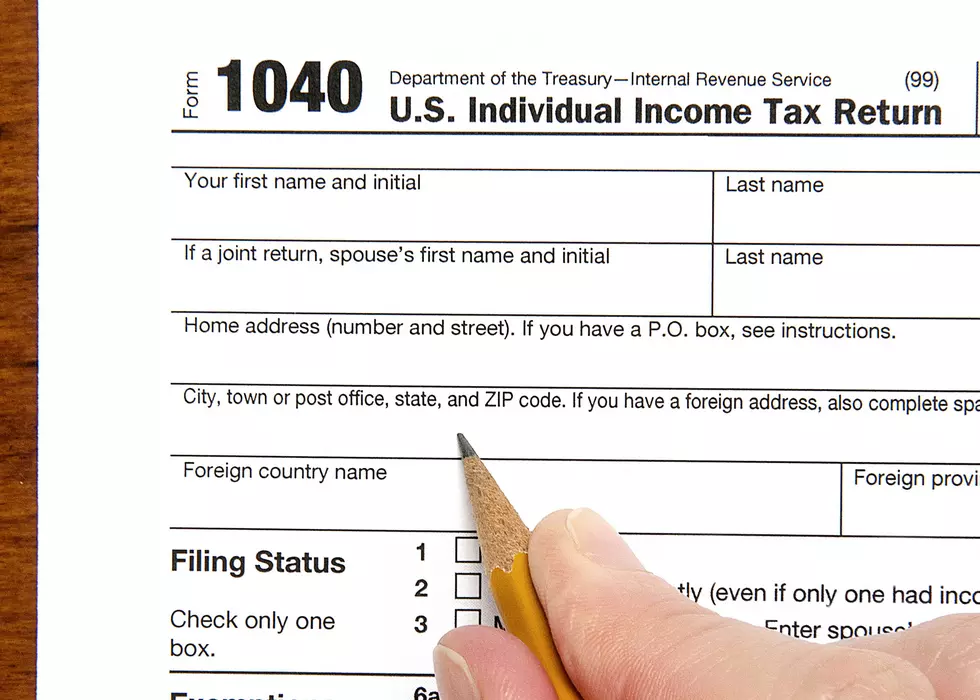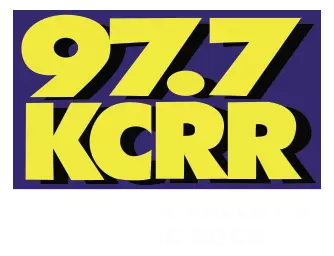
Some Iowans Are Throwing Away Their Stimulus Money
Over the past several years, there has been a big push to alert the public about how not to fall victim to a scammer. People are paying attention, which is good. However, some people's leariness of a suspicious letter containing a pre-paid debit card is giving them a headache.
When the $2 trillion CARES Act legislation was enacted, most people received their $1,200 via direct deposit. If the IRS doesn't have your banking information, it was assumed you would receive a paper check in the mail. In an effort to reduce theft of paper checks and cut down on scams, the U.S. Department of Treasury has started issuing pre-paid debit cards. The problem is many people thought these cards were a scam or a solicitation and threw them in the trash. The confusion starts that the cards must be activated by phone or online before they can be used.
In an article from the WCF Courier, Lynn Hicks of the Iowa Attorney General’s Office said: "The Visa card arrives in an envelope from Money Network Cardholder Services, with MetaBank on the back and has instructions to activate it by calling a phone number and providing a Social Security number". Being asked for a social security puts up a giant "red flag" for many cautious people.
To make matters worse, the prepaid debit cards are supposed to make things easier to access the money, but some people are running into fees to get a new card issued if they have mistakenly discarded, lost or misplaced the debit cards. On top of that, when people call the IRS for assistance, the automated message asks for the number on the card, that they don't possess.
Check out these FAQ's for information about how to use your Economic Impact Payment prepaid debit card without paying a fee.

KEEP READING: Can You Guess These C.V. Locations From An Aerial View?
More From 97.7 KCRR


![Where’s My Stimulus Check? Check On Your Payment [Link]](http://townsquare.media/site/725/files/2017/01/ThinkstockPhotos-122486570.jpg?w=980&q=75)






